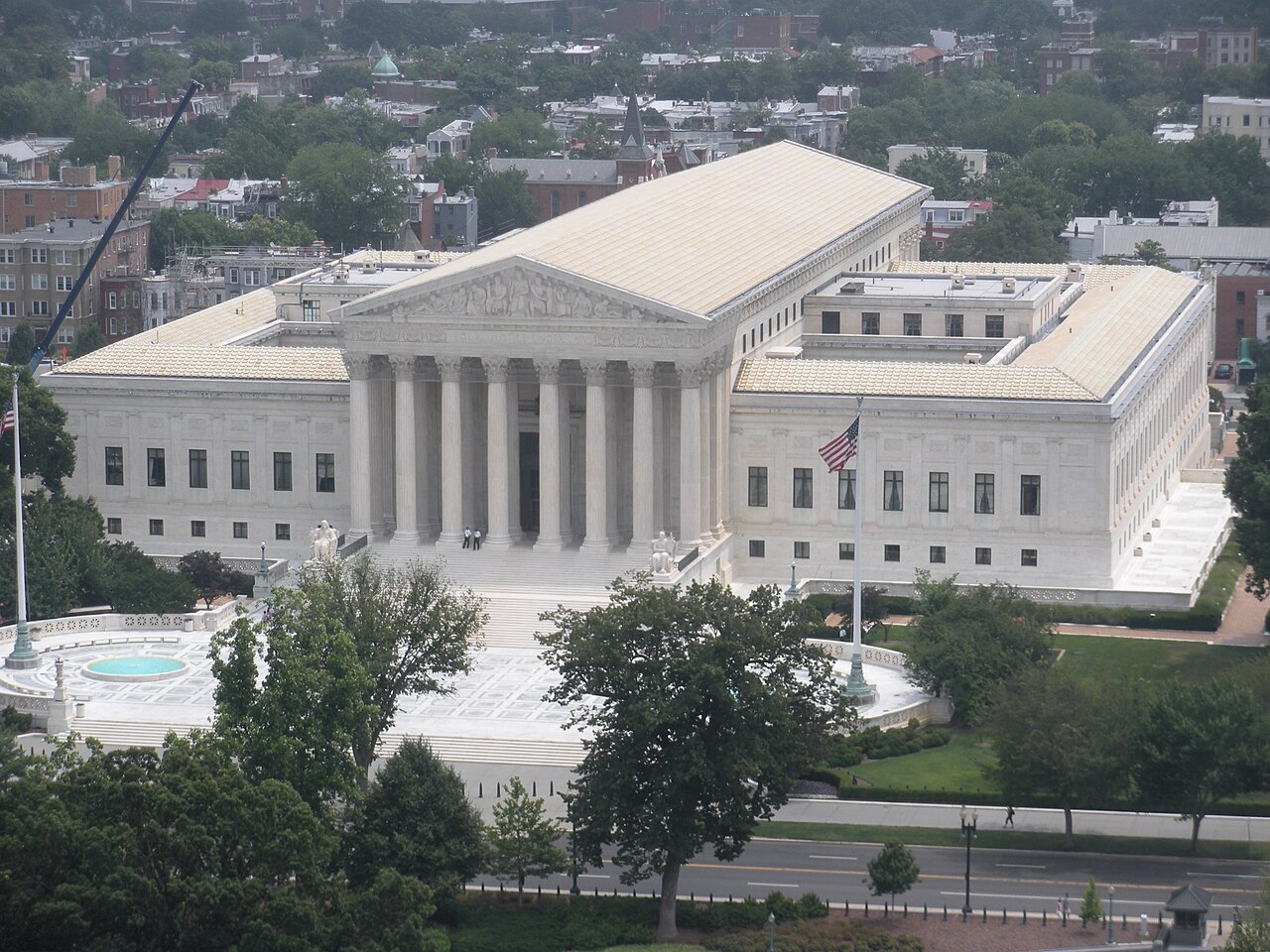Supreme Court hands DOGE two big wins
The Supreme Court has made meaningful rulings favoring the Department of Government Efficiency (DOGE) in two cases related to access to Social Security records and compliance with public records laws. In a 6-3 decision, the Court allowed DOGE to access Social Security Governance data crucial for their operations while blocking an order that would have required them to comply with a Freedom of Data Act (FOIA) request from a government watchdog.
The ruling concerning Social Security noted that DOGE staff need access to the relevant records to carry out their functions, while the dissent from Justice Ketanji Brown Jackson questioned the urgency of the government’s request for intervention. Additionally, the Court steadfast that DOGE is not subject to FOIA, suggesting that the inquiry into whether an entity falls under FOIA is too influenced by it’s ability to persuade and stressed the importance of respecting the separation of powers when it comes to internal government communications.
The decisions indicate the Court’s support for DOGE’s autonomy and its stance on privacy and executive power,raising implications for public access to government records and oversight.
Supreme Court hands DOGE two big wins in FOIA and Social Security access cases
The Supreme Court sided with the Department of Government Efficiency in two cases concerning the group’s access to Social Security data and whether it has to comply with a public records law.
In the Friday decisions, Supreme Court justices said they will allow the group to access Social Security Administration data it had been seeking and halted any forced compliance with a FOIA request from a government watchdog group.
The court ruled 6-3 in both cases, with the liberal wing of the high court dissenting.
DOGE to access Social Security Administration records
In the Social Security case, DOGE, which seeks to modernize and cut government spending, requested data from the Social Security Administration to achieve its goals. The DOGE team assigned to the agency should have “access to the agency records in question in order for those members to do their work,” according to the order.
Liberal Justice Ketanji Brown Jackson wrote in a dissenting opinion questioning why the court should intervene on an emergency basis.
“In essence, the ‘urgency’ underlying the government’s stay application is the mere fact that it cannot be bothered to wait for the litigation process to play out before proceeding as it wishes,” she wrote.
Two unions — the American Federation of State, County and Municipal Employees and the American Federation of Teachers — filed the lawsuit against DOGE. They alleged that the DOGE employees’ access to personal data could violate the Privacy Act and Administrative Procedure Act.
DOGE not subject to FOIA law
In the public records case, the court ruled that the agency is not subject to the Freedom of Information Act and sent the case back to the U.S. Court of Appeals for the District of Columbia Circuit for further proceedings.
“The portions of the district court’s April 15 discovery order that require the government to disclose the content of intra–executive branch USDS recommendations and whether those recommendations were followed are not appropriately tailored,” the court order reads. “Any inquiry into whether an entity is an agency for the purposes of the Freedom of Information Act cannot turn on the entity’s ability to persuade. Furthermore, separation of powers concerns counsel judicial deference and restraint in the context of discovery regarding internal executive branch communications.”
Media usually use FOIA requests to obtain government records, and the government is usually required to provide the records or give a reason that they cannot be provided. Sometimes documents obtained by FOIA requests are heavily redacted.
A district court ordered DOGE to hand over documents to the watchdog group Citizens for Responsibility and Ethics in Washington, but Chief Justice John Roberts halted the order last month.
TRUMP ADMINISTRATION ASKS SUPREME COURT TO ALLOW LAYOFFS AT EDUCATION DEPARTMENT
CREW argued that the DOGE wields “substantial independent authority” and should be considered subject to the public records law. The Justice Department, however, argues that the DOGE is a presidential advisory body within the office of the president.
Solicitor General D. John Sauer previously said CREW is conducting a “fishing expedition” into DOGE’s activities in his argument for the Supreme Court’s intervention.
" Conservative News Daily does not always share or support the views and opinions expressed here; they are just those of the writer."


